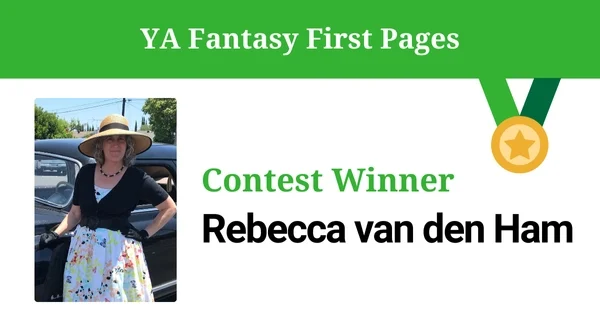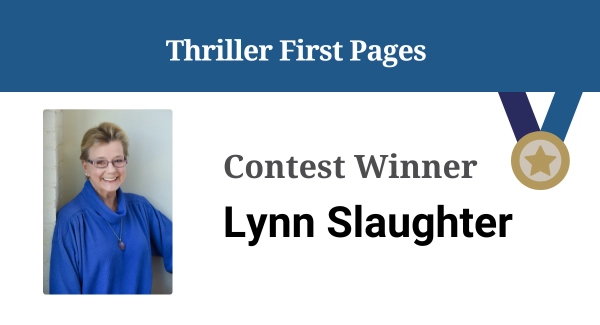
3rd Place: ONE KISS IS NOT ENOUGH

Lynn Slaughter Winning Entry:
Missing Mom
Are you our next writing contest winner?
Welcome to the Winners Circle where we celebrate the success of our ICL and IFW Contest winners. Today we celebrate with Lynn Slaughter whose entry Missing Mom came in Third Place in our IFW Thriller First Pages Contest!
What contest was your winning entry submitted to?
Thriller First Pages
How many writing contests have you entered?
5
Please give the title of your entry and a short summary of the story.
MISSING MOM – When her mom fails to pick up her little sister from day camp, seventeen-year-old Noelle, an aspiring ballet dancer, is called out of dance class to retrieve her sibling. Noelle thinks something must have gone terribly wrong.
She’s right. Two days later, her mom’s clothing turns up on a deserted beach with a two-word note: “I’m sorry.”
Although they’ve yet to recover a body from the ocean, the police call the case a “probable suicide.” But Noelle is convinced her mom would never have killed herself and is determined to find out what really happened.
MISSING MOM is also the story of Savannah, a young woman whose daring escape from an abusive marriage nearly two decades ago turns out to be related to the mystery surrounding the disappearance of Noelle’s mother.
What inspired your winning entry?
I’ve always been fascinated by the idea that a person’s life can be upended by the sudden disappearance of a loved one, and how things are not always what they seem. The police dismiss Noelle’s mom’s disappearance as a probable suicide. But the truth is much more complicated.
How has entering this contest helped your writing?
It’s given me confidence that I’m on the right track with MISSING MOM, my current work-in-progress.
How did the critique in the Winners’ Workshop help you?
I think all of us writers benefit from having our work receive honest, authentic critique. Writing is a process, and there is always more!
Are you a full-time writer? If not, what is your “day job”?
Yes, I write full-time.
How long have you been writing?
I wrote nonfiction, magazine articles, beginning in the 1990s. My first novel came out in 2013.
What will you do with your piece now that it’s been recognized?
I’m working on finishing it! I’m about two-thirds through my first draft.
Any fun plans for the prize money?
Always great to have money for writing supplies!
What do you do when you’re feeling discouraged or blocked? Do you have any tips for your fellow writers?
Make deadlines for yourself. Place butt-in-chair for at least 15 minutes a day until you get back on track.
If you could go to the yard sale of any character in the history of children’s literature, whose would you go to, and what would you buy?
I’d love Cinderella’s glass slipper and the ballgown she wore to entrance the prince!
Anything you’d like to share about your IFW experience?
I’m very grateful for the opportunity to submit my work, and I think contests encourage us to keep going and shooting for excellence in our writing.
Will you be our next contest winner? Discover our current writing contests here!
1000 N. West Street #1200, Wilmington, DE 19801
© 2024 Direct Learning Systems, Inc. All rights reserved.

1000 N. West Street #1200, Wilmington, DE 19801
© 2025 Direct Learning Systems, Inc. All rights reserved.

1000 N. West Street #1200, Wilmington, DE 19801
©2025 Direct Learning Systems, Inc. All rights reserved. Privacy Policy.